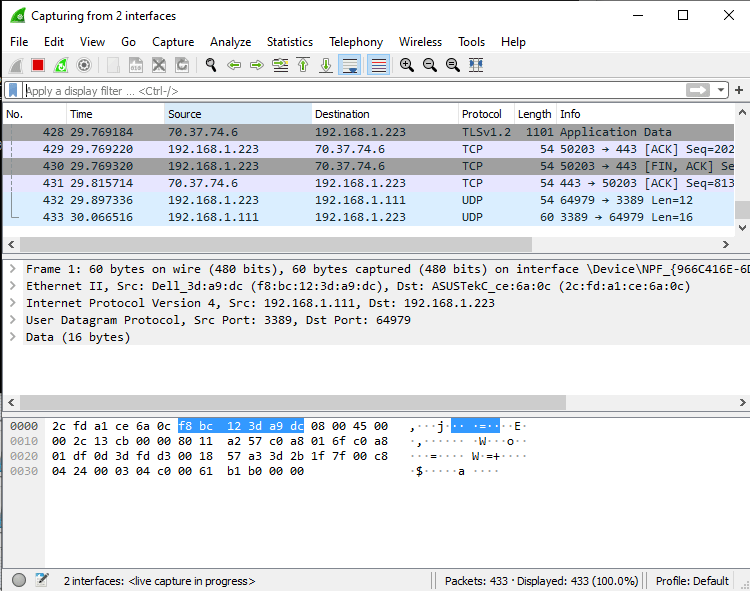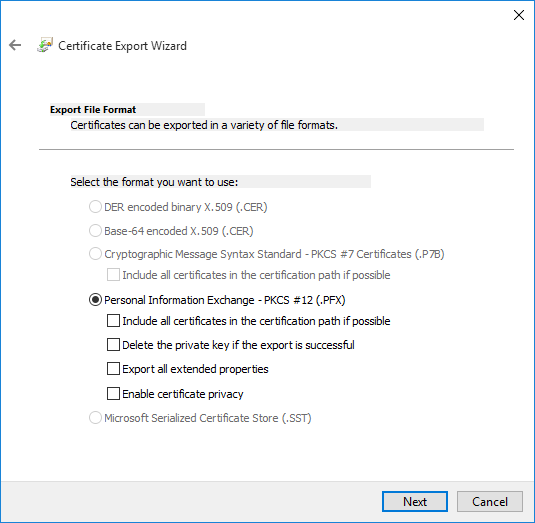


Capture HTTPS traffic on server/load balancer using tcpdump or tshark: tcpdump -s 0 -w /tmp/ssl.cap.If you find that tshark is not showing HTTP traffic, meaning it's still encrypted, then check the decryption log rsa_private.logĪnother option is to capture the traffic with tcpdump or tshark and decrypt it later using Wireshark. On the Content tab, click "Clear SSL state".On the General tab, click Delete…, and delete everything.Internet Explorer > Internet Preferences.If your SSL client machine is Windows, you can force a new SSL session by doing the following: Note that tshark has to capture the beginning of an SSL session in order to decrypt it. Tshark -o "ssl.desegment_ssl_records: TRUE" -o "ssl.desegment_ssl_application_data: TRUE" -o "ssl.keys_list:,443,http,/root/private-rsa.key" -o "ssl.debug_file:rsa_private.log" -R "(tcp.port eq 443)" port 443

Copy the RSA private key file that your web service is using to /root/private-rsa.key in PKCS#1 format ( PKCS#1 files begin with " -BEGIN RSA PRIVATE KEY-"), then run: If you are on a web server that is serving SSL, then you can use tshark on that server to decrypt the traffic off the wire. TShark 1.2.15, Oracle Enterprise Linux 6.5


 0 kommentar(er)
0 kommentar(er)
